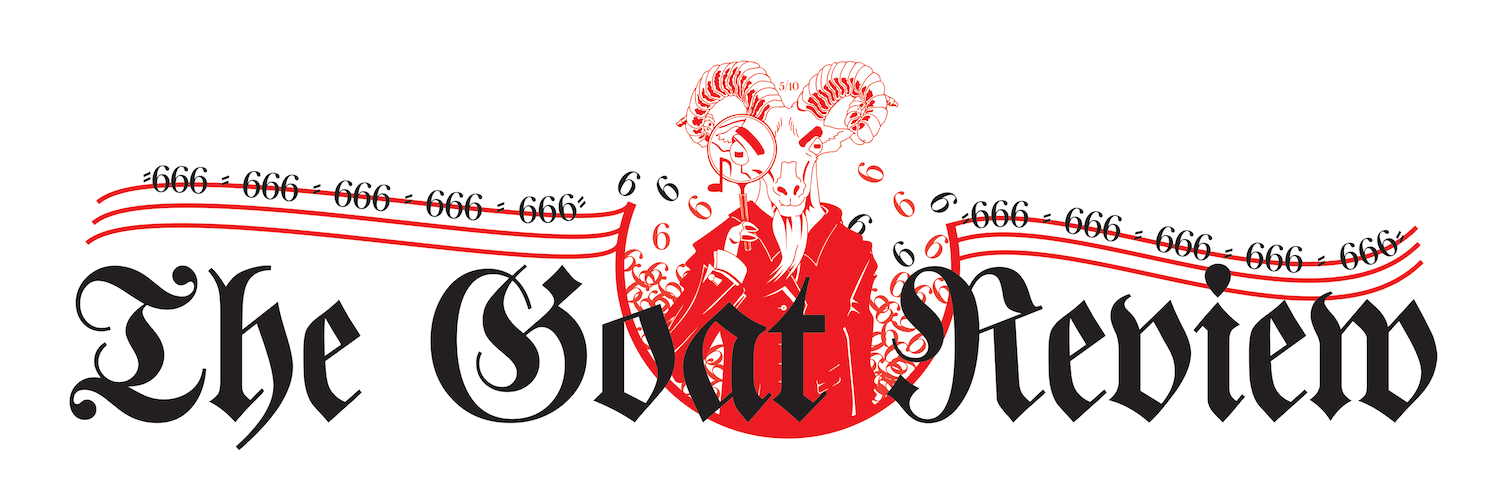
The modern progressive music scene — and when I say modern I really mean since about the turn of the 10s — holds a lot of trap doors to things like alternative rock laced with djent grooves. Sometimes, a band aiming toward a “modern” sound will too simply be channeling radio rock through a slightly more extreme or rhythmically tricky filter. And, sometimes, it’s just melodic metalcore. So believe me when I say that I approached Matrass initially with trepidation as the promo text declared that oft tricky “modern” goal. But Matrass then also declared that with this full-length debut, Cathedrals, they aimed to shed groove from their sound and lean heavier into post waters. What’s a goose to believe?
Cathedrals, true to declaration, does lean on a slinky pool of sonic influences including shoegaze, post hardcore, post metal, all with the vibe of a rain set short film. If anyone had ever accused Matrass of being a djenty groove band before, only a few moments with this album will reveal that textural clean guitar passages cement the backdrop of these tunes rather than single string chugs. It’s less that Matrass have abandoned groove in totality — the smart and softly jazzy rhythm section ensures that shuffling hypnosis all the same — than that they’ve approximated the downtempo vibe of an act like Tesseract with cut-tone single-string “riffs” supplanted with chord work, letting bassist Corentin Lagrue litter the low-end with a snap and snake instead.

Alas, interplay between delicate and aggressive, swings between harsh vocals and nasally croons, and cuts from twinkling chords to hammering slides ensure that Cathedrals doesn’t stand as a copy of anything directly. Landing as a collection of contemporary metal attitudes does call for comparison the pervasive post metal crash of Cult of Luna (“Glimpses”, “Reaching Heights”) or the dreamy soundscape cinema of Mono (“Adrift”, “Silence”). But through Clémentine Browne‘s voice Matrass find an identity that is imperfect but charming. Behind the mic (and saxophone) for all mouth moments, Browne weaves about a natural and accented clean croon, a rhythmic and lilting confessional narration, and a mic-fried screech. And that variety defines both Cathedral‘s most ambitious and successful cuts (“Shreds”, “Cathedrals”) and its scratchiest tumbles (“Appetite for Comfort”, “Reaching Heights”) with the latter swelling about an aggression that feels less necessary than on other breakdown leaning tracks.
Living on course for crescendo puts many a band on a perpetual edge with little to show. Despite a couple of crooked cuts and torn laces, Matrass manage to maintain a hypnotic rise and fall throughout this full-length introduction. Throughout my time with Cathedrals, I’ve found it both serenity-stimulating enough to drift away and forcefully dramatic enough to question why. However, consistent intrigue holds part of the callback to this idiosyncratic and ethereal expression. So, yes, I walk down Cathedral‘s way knowing its bumps and holes and in progress paths, and each time remark their encumbrance to my livelihood. But I also continue to hope that its victories shed a little more light on its mysteries — and a flare for Matrass to follow.
